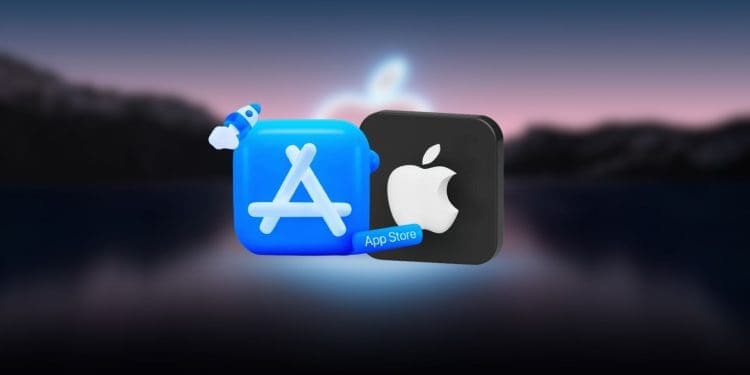- Apple is opening up iOS app distribution in the EU to comply with new antitrust rules, allowing third-party app stores and payment systems on the iPhone for the first time.
- Users can download alternate app stores, developers can use third-party payments without fees, and Apple will reduce its commissions, but still retain some control over apps.
- These changes may satisfy some of Apple’s critics, but it remains to be seen if reduced fees and more choice will appease them. The EU experiment will demonstrate if consumers care about alternative app stores.
Apple has announced significant changes coming to iOS app distribution in Europe to comply with the Digital Markets Act (DMA). The company will allow third-party app stores and payment systems on the iPhone for the first time.
How Alternative App Stores Will Work
Users in the EU will be able to download third-party app stores directly from their websites. These stores will still need Apple’s approval before being installed. Once installed, users can download any apps they want, even those violating App Store rules. Users can set a third-party store as the default.
Developers Get Payment Options
Developers can now use Apple’s payment system or integrate third-party payments without fees. Those using Apple’s system pay a 3% processing fee. This gives developers options to avoid Apple’s commissions.
Apple Retains Some Control
While opening up iOS, Apple still wants oversight. All apps will be “notarized” by Apple before distribution. Developers can only distribute one app version across stores. Apps still need to meet basic requirements like malware scanning.
New Fee Structures
In the App Store, apps using third-party payments now pay a 17% commission, reduced from 30%. The rate drops to 10% for small developers. A new annual fee of €0.50 per EU user kicks in after a million downloads.
Other iOS Changes
The DMA is also opening up iOS in other ways. Alternate browser engines will be allowed, presenting new browser choices. Game streaming services are now approved in the EU. And Apple is opening NFC payments to third parties.
Impact on Apple’s Critics
These moves may satisfy some of Apple’s critics like Spotify and Epic Games which have protested the “Apple tax.” But it’s unclear if reduced fees will appease them. This experiment in the EU will show whether consumers care about alternative stores when given more choice.
Conclusion
After keeping iOS locked down for years, Apple is making big changes to app distribution and payments in the EU. This will be the biggest shift in the iPhone ecosystem since the App Store launched. How consumers and developers respond will be closely watched around the world.














